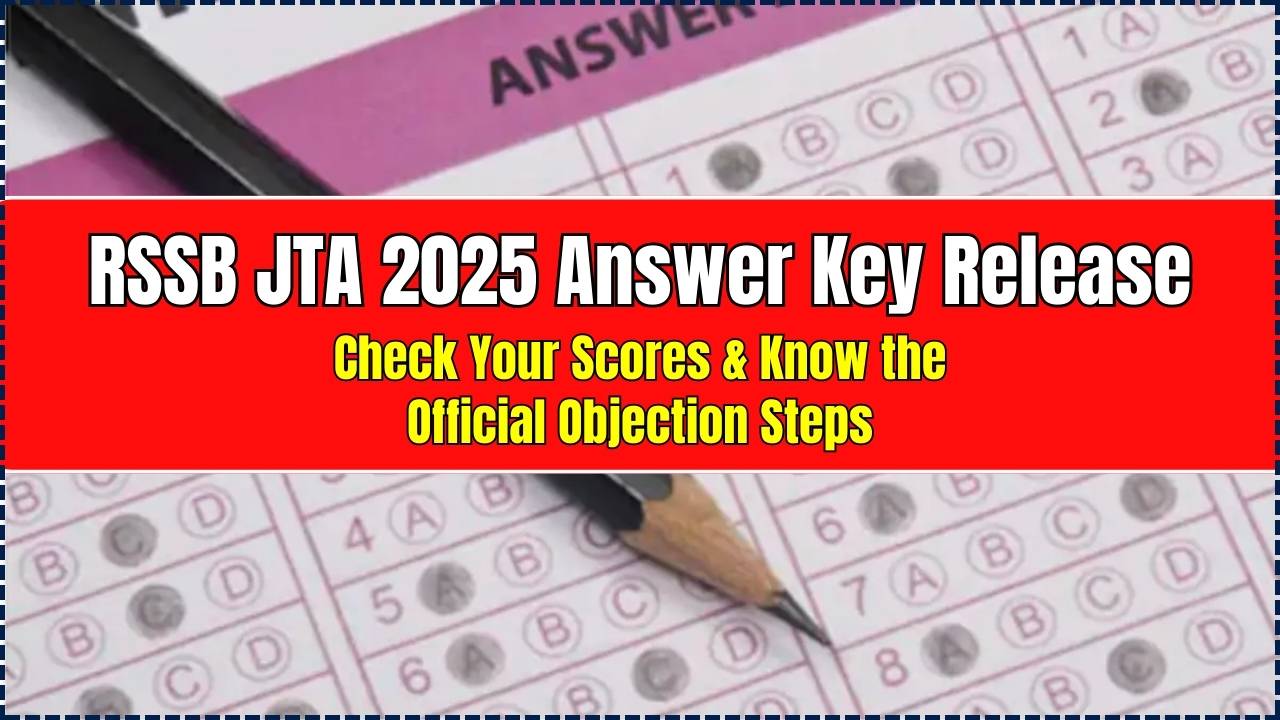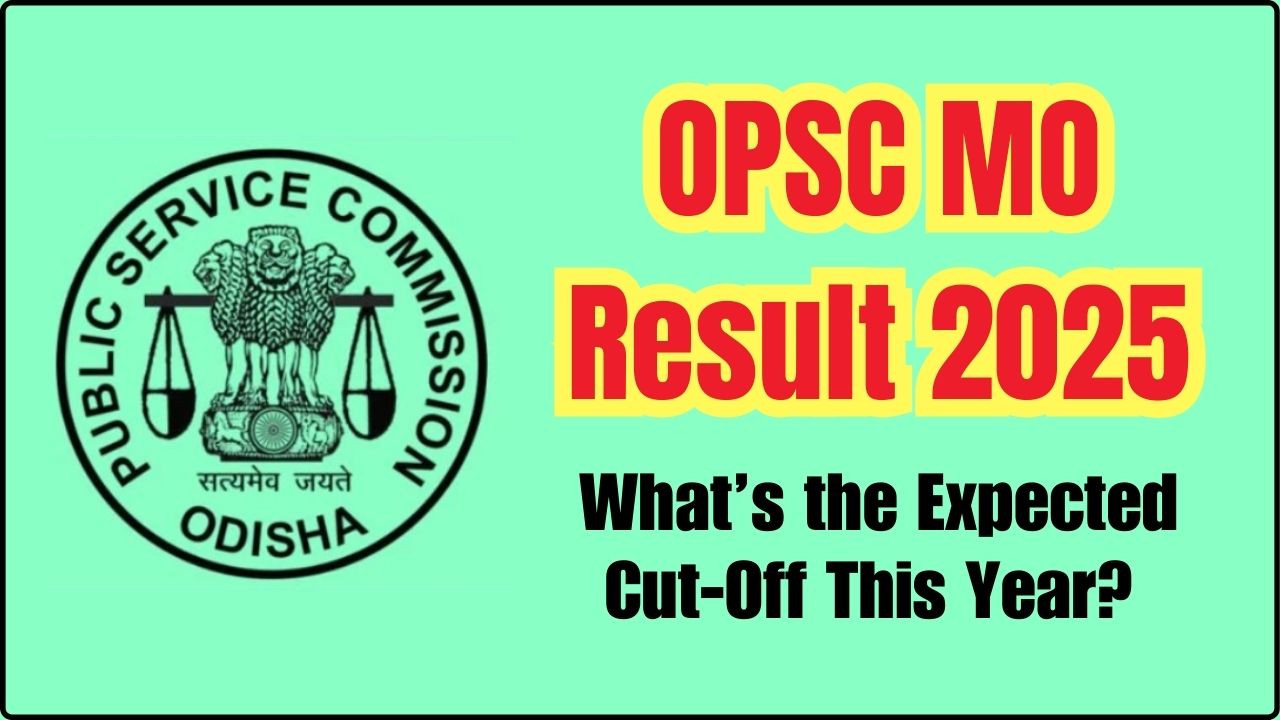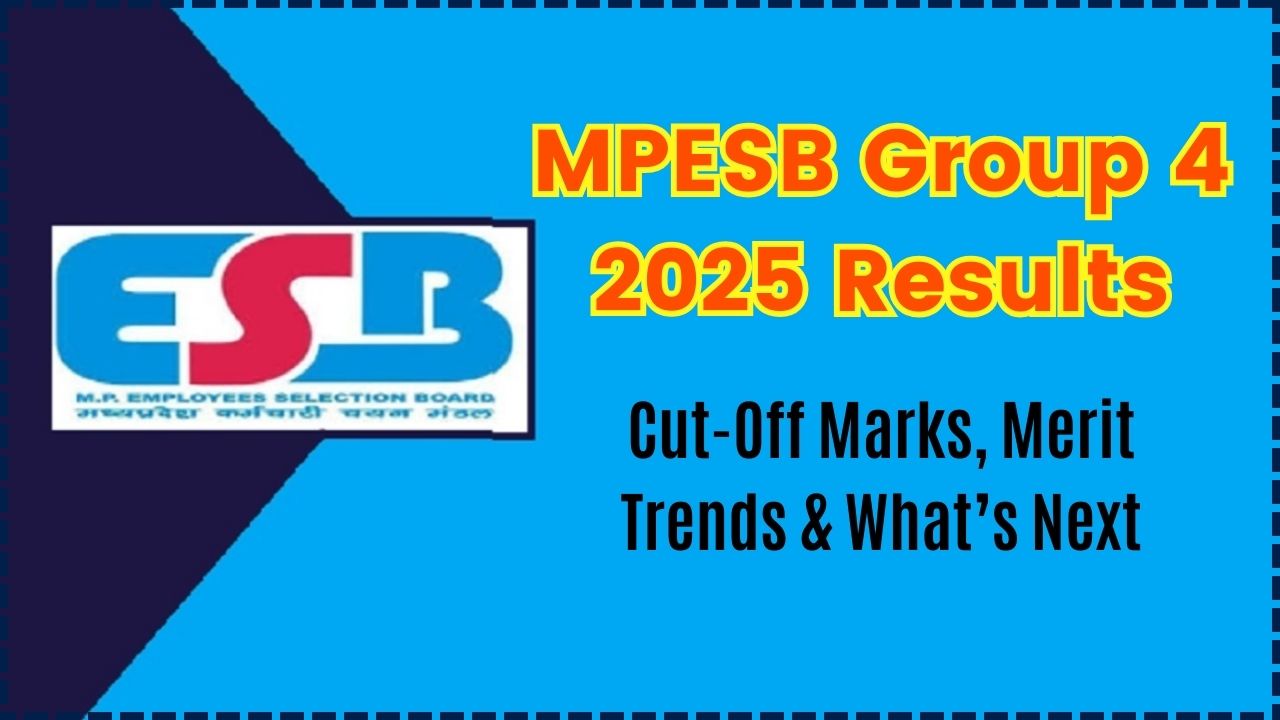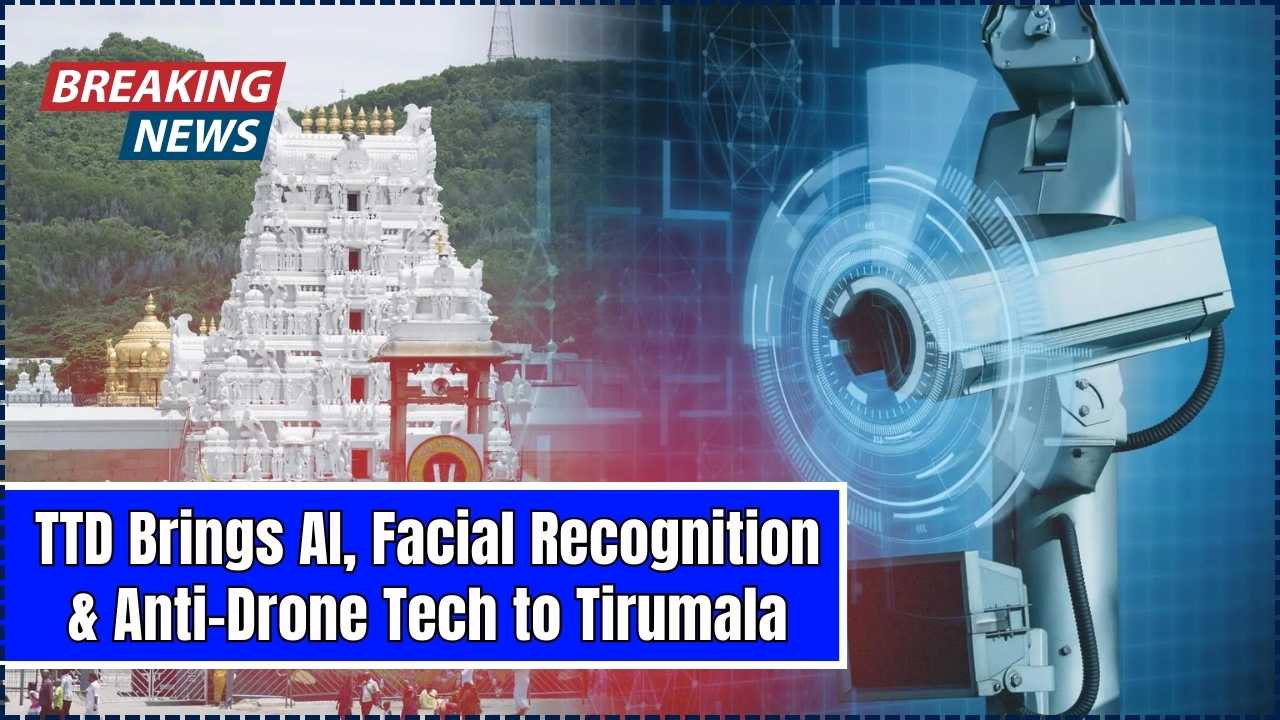Punjab’s Brightest to Meet DC/SSP: The “Ek Din, DC/SSP de Sang” initiative launched by the Government of Punjab is turning heads across India. This innovative and thoughtful program brings together the top-performing students from Class 10 and 12 with district-level civil and police leadership. By inviting these young achievers to spend a day with the Deputy Commissioner (DC) and Senior Superintendent of Police (SSP), the Punjab administration aims to celebrate merit, inspire public service, and foster leadership values in its youth.
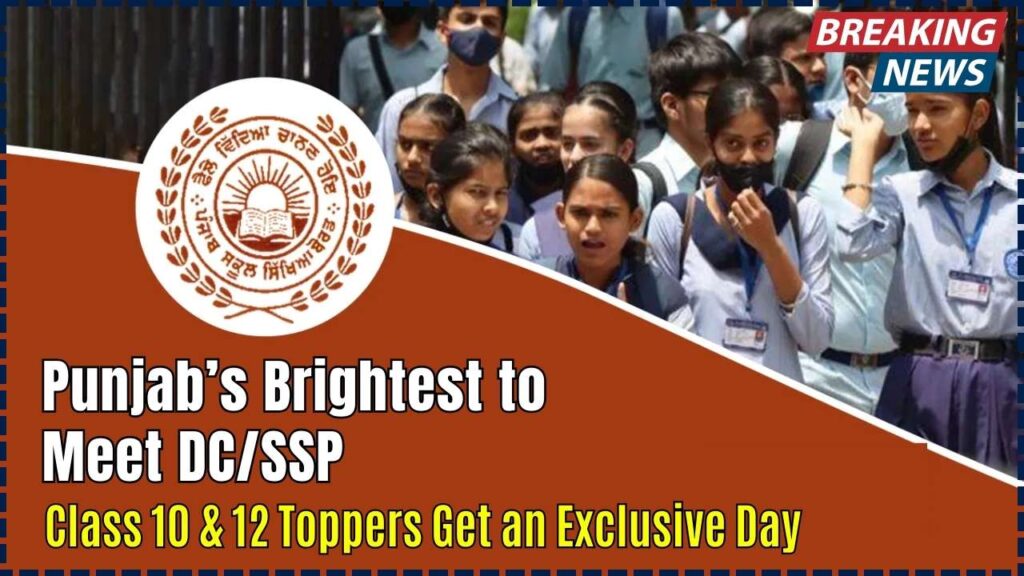
More than just an honorary day, this initiative integrates real-world learning with aspiration-building for the next generation of public servants, change-makers, and community leaders. It’s designed to transform mere academic recognition into a launchpad for civic consciousness and professional inspiration. Students not only receive acknowledgment for their hard work but are encouraged to broaden their horizons and explore new futures.
Punjab’s Brightest to Meet DC/SSP
| Feature | Details |
|---|---|
| Program Name | Ek Din, DC/SSP de Sang |
| Launched By | Government of Punjab |
| Participants | Top 3 students each from Class 10 & 12 (per district) |
| Objective | Inspire students by direct exposure to administrative and policing responsibilities |
| Activities | Office tours, field visits, grievance hearings, planning meets, joint lunch, certificates |
| Class 10 Toppers (PSEB) | Akshnoor Kaur, Ratinderdeep Kaur, Arshdeep Kaur (650/650) |
| Class 12 Topper (PSEB) | Harseerat Kaur (500/500) |
| Official Website | punjab.gov.in |
Punjab’s “Ek Din, DC/SSP de Sang” program is a shining example of how governments can think beyond the textbook and directly connect academic success with real-world learning. It rewards merit, nurtures ambition, and kindles civic engagement. As students walk through administrative halls and observe law enforcement in action, they witness governance from a new, empowering perspective.
By walking the corridors of public offices and observing how leadership works from up close, students get a taste of possibilities that lie ahead—possibilities rooted in service, courage, and purpose. Through this exposure, Punjab aims to cultivate not just future achievers, but thoughtful leaders who can drive societal transformation from the ground up.This day might be short, but its impact may last a lifetime.
What is “Ek Din, DC/SSP de Sang”?
The initiative, translating to One Day With DC/SSP, is a first-of-its-kind exposure-based program aimed at top scorers in Punjab School Education Board (PSEB) exams. In each district, six students (three from Class 10 and three from Class 12) are selected based on their academic performance.
These students spend a full day shadowing their respective District Commissioner and SSP, experiencing real-time decision-making processes and gaining insights into the machinery that governs their towns and cities. The experience is immersive, combining structured sessions with informal interactions, allowing students to see public service through a human lens.
Purpose and Vision
The program is not just ceremonial. It is grounded in the broader vision of empowering youth through awareness, civic engagement, and leadership training. The core goals include:
- Providing firsthand exposure to government operations
- Encouraging meritorious students to consider careers in civil services, law enforcement, and governance
- Building confidence, empathy, and responsibility among youth
- Making governance more transparent and relatable for young minds
- Inspiring students to contribute meaningfully to the betterment of society
What the Day Includes: A Breakdown
Here’s what selected students can expect during this immersive day:
1. Office Tour and Introduction
Students are welcomed by the DC/SSP and briefed about the day’s agenda. They tour the office, meet key administrative officers, and learn about their roles and challenges. This sets the tone for the day and allows students to understand the ecosystem they’re about to experience.
2. Grievance Redressal Hearings
Students attend live public grievance sessions to witness how real-world issues are handled by the administration. They observe case handling, resolution strategies, and citizen interaction, giving them a tangible understanding of conflict resolution and governance accountability.
3. Development Project Visit
Students are taken to a local site such as a smart school, healthcare center, waterworks, or road construction project to see policy in action. This field visit showcases how plans on paper translate into real development that affects citizens’ lives.
4. Cyber Cell & Law Enforcement Operations
In districts where cyber units are active, students receive a glimpse into modern policing techniques, including digital surveillance, cybercrime management, and community policing. They may see demonstrations on forensic science, crime mapping, or cybersecurity awareness.
5. Joint Lunch & Informal Q&A
An informal lunch gives students a chance to interact with the DC and SSP, ask questions, and share personal stories. These candid discussions often reveal personal journeys of the officers, adding depth to the experience.
6. Certificates and Acknowledgments
Each participant is awarded a certificate of excellence, a memento of their participation, and encouragement to pursue their aspirations with determination. In some districts, additional motivational talks by guest speakers or civil service alumni may also be included.
Success Stories and Top Performers
Punjab’s top scorers from the PSEB board in 2025 have achieved exceptional results. For instance:
- Akshnoor Kaur (Faridkot): 650/650 (Class 10)
- Ratinderdeep Kaur (Muktsar): 650/650 (Class 10)
- Arshdeep Kaur (Malerkotla): 650/650 (Class 10)
- Harseerat Kaur (Barnala): 500/500 (Class 12)
These brilliant young minds exemplify the power of consistency, academic discipline, and determination. Their stories resonate across Punjab as examples of excellence. Not only do they excel academically, but many of these students also participate in sports, cultural activities, and social initiatives, proving that holistic development is key to success.
Why This Matters: Real-World Learning and Career Insights
Today’s students are not just learning from books but are eager to understand how their knowledge applies to society. This program bridges the classroom and career, showing how governance impacts everyday lives.
For Students:
- Real-world exposure enhances civic sense and career direction
- One-on-one time with officers can inspire IAS/IPS ambitions
- Field visits make textbook topics tangible
- Encourages critical thinking and systemic understanding
- Boosts motivation and career clarity
For Administrators:
- Builds stronger student-government-community relationships
- Encourages youth feedback and ideas
- Celebrates academic success as civic virtue
- Nurtures the next generation of public leaders
Such programs also serve as a talent pipeline for future civil servants and social workers. When students see real impact, they’re more likely to pursue meaningful careers.
Govt Hiring 128 Professors in Medical Field; Check Eligibility and Salary Now
Indian Army Offers ₹1.2 Lakh Salary for 2025 Recruits; Here’s How to Apply
Government’s Broader Vision
The Education Minister of Punjab, Harjot Singh Bains, emphasized that this initiative is about building future-ready citizens who are:
- Ethically aware
- Socially responsible
- Professionally ambitious
- Emotionally intelligent
- Community-oriented
He added, “We want our children to dream bigger and understand the many career paths public service has to offer. This program is just the beginning. We envision a Punjab where every child is inspired to serve, lead, and uplift their community.”
This aligns with the National Education Policy 2020, which encourages experiential learning and leadership exposure beyond traditional classrooms. The Punjab government is planning to scale this initiative to include rural schools, underrepresented districts, and even international exchanges in the future.
FAQs On Punjab’s Brightest to Meet DC/SSP
Q1: Who is eligible for this program?
Only the top three scorers from Class 10 and Class 12 in each district (PSEB affiliated) are selected. Selection is purely merit-based.
Q2: Do students have to apply?
No. The selection is done automatically by the District Education Office based on official board results published by PSEB.
Q3: Is this a recurring event?
Yes, the government plans to make this an annual feature, with enhancements each year based on student feedback and program success.
Q4: What support is offered to students during the day?
Transportation, meals, security, and educational materials are organized by the District Administration to ensure a smooth experience.
Q5: Can this inspire career paths in government?
Absolutely. Early exposure can play a pivotal role in shaping career goals like civil services, law enforcement, journalism, public health, and policy research.
Q6: Can private school students participate?
Currently, the program is focused on PSEB-affiliated schools, but discussions are underway to expand eligibility in future editions.

